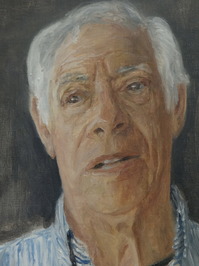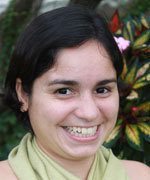One of the series of events to commemorate the 20th Anniversary of the Genocide in Rwanda
An Overview of Genocide in 1990s and Early 2000s and the 1994 Genocide in Rwanda: A Case Study
Instructor: Samuel Totten, Professor Emeritus of Curriculum and Instruction, University of Arkansas
Saturday, April 19
9:00 a.m. - 3:00 p.m.
Conference Room 325
Coffman Union, East Bank of U of MN
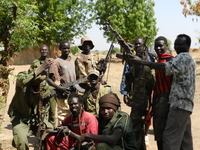
In this educator workshop, visiting scholar
Samuel Totten will begin by discussing the origins, causes and responses to genocide within the scope of human rights and international law. He will then give an overview and summary of genocides perpetrated in Africa and beyond in 1990s including the Nuba Mountains; Srebrenica; and Darfur before examining in depth, as a case study, the 1994 Genocide of Rwanda. Totten will finish by addressing the latest outbreaks of violence in the world, which crimes against humanity have been perpetuated, and noting where there is a fear of genocide breaking out.
Participants of this workshop will receive resources (including one of Totten's books) and materials to develop curriculum to integrate into their classrooms. This workshop will address the 2011 Minnesota Academic Standards for Social Studies as they relate to human rights, international law, and genocide.
Cost: $25 includes parking, a copy of one of Samuel Totten's books, resources, and lunch
CEUs: 6
Registration deadline: April 5, 2014
To register click
hereCancellation deadline: If you need to cancel, write to Deborah Jane at
outreach@umn.edu by April 5, 2014. If you cancel after this date, you will not be eligible for a refund.
The Institute for Global Studies in partnership with The Center for Holocaust and Genocide Studies and the Human Rights Program are hosting a series of events to commemorate the 20th anniversary of the genocide that took place in Rwanda in 1994. The events will include a public conference, a student conference, and a K-16 teacher workshop. The objectives of the commemorative events are: promoting public understanding of what happened in Rwanda, discussing the immediate responses of the international community to the violence, and analyzing the long-term consequences that the cataclysmic failure to prevent the genocide had on international policy and action.
Sponsorship made possible in part by the Arsham and Charlotte Ohanessian Fund at the Minneapolis Foundation.
For a complete listing of events, participating scholars and sponsors please click
here.
Photo: Men with weapons (taken by Totten in Nuba Mountains, January 2013)
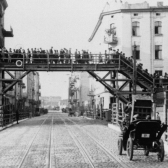
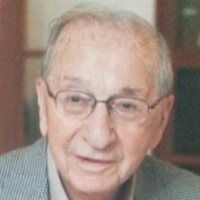
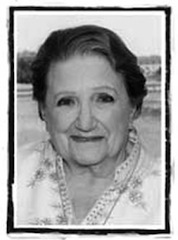
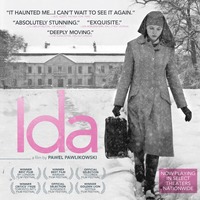
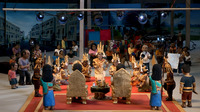
-thumb-200x133-187310.jpg)

-thumb-200x258-186394.jpg)
